Applied period of MSc EF student Lucas Abreu
What is the applied period?
The applied period is a part of the MSc EF programme that takes place between the first and the second academic years. It is a great opportunity to put in practice the knowledge we gained during our studies, and also to get to know a new forest institution and to improve our professional network. Below I will tell you a little bit about my AP in the CTFC!
The institution
The CTFC (Centre de Ciència i Tecnologia Forestal de Catalunya – Forest Science and Technology Centre of Catalonia) has headquarters in Solsona, Catalonia, Spain. The CTFC is a public consortium under the Catalonian administration that was founded in 1996, with the University of Lleida and the Solsonès County Council being the founding members. Later, more organizations joined the consortium. Its mission is to contribute to the modernization and competitiveness of the forest sector, rural development, and sustainable management of natural resources, through research, and knowledge and technology transfer. The CTFC works through three programmes: multifunctional forest management, landscape dynamics and biodiversity, and bioeconomy and governance. My AP position belonged to the first one of those, and was carried out from July 9th to September 21st 2020. I was under the supervision of Dr. Míriam Piqué-Nicolau and co-supervision of Jaime Coello and Mario Beltrán.
The work
The main activities I carried out can be divided in two parts: field and office. On the field, I participated in pruning of broadleaves in experimental stands, aiming at the production of high-quality hardwood. This was a rich experience, especially because of my interest in the subject and because up to that moment I had only experience with pruning of conifers for high-quality wood production, and not of broadleaves. The two techniques are quite different. Another part of the field work was with forest inventory under the MixForChange project. Although the inventories for this project have several components, I participated in the ones involving deadwood, tree regeneration, and the shrub and herbaceous layers. In the office, I worked the totality of my time on the MixForChange project (mixforchange.eu). The work consisted of planning and carrying out data analysis, with the objective of understanding and visualizing the changes caused by the silvicultural treatments applied in the forest within the project. Inventory data from before and after these interventions was used as a data source. At the end, a scientific report was produced collaboratively with my supervisor and co-supervisors to communicate our results.
My AP experience was very enriching, both in professional and personal terms. On the professional side, the field work was great to learn to prune broadleaves for high-quality wood production and to have contact with the different types of forest in the region. In the office, I improved my knowledge of the R language, especially of packages for data analysis (dplyr, tidyr) and visualization (ggplot2), and also learned about the regional context of the project – which is very comprehensive, it is definitely worth to take a look at the website if you are interested about the topic. Also, it was great to be involved with this level of depth in a project and to be able to obtain nice results even though my AP was only 10 weeks long. I am grateful to my supervisor and co-supervisors for the opportunity they gave me and all the support I received at work. Also, a special thanks for the field technicians from whom I also learned a great deal.
Personal considerations
On the personal side, it was great to live in Solsona, which is a small but very insteresting town. It was also a great opportunity to improve my Spanish. People from the CTFC are very friendly and we would always do something as a group outside of work. We spent many good moments in the region, which offers many options for outdoor activities. You can see a bit of Solsona, the work we did and the beautiful nature of Catalonia in some of the pictures below!
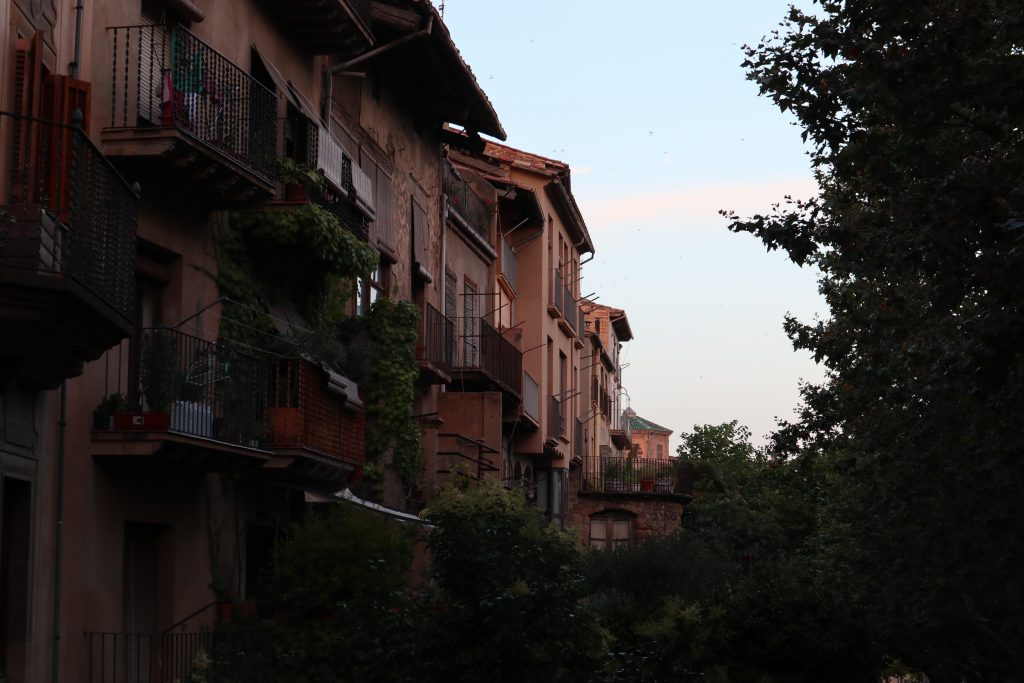
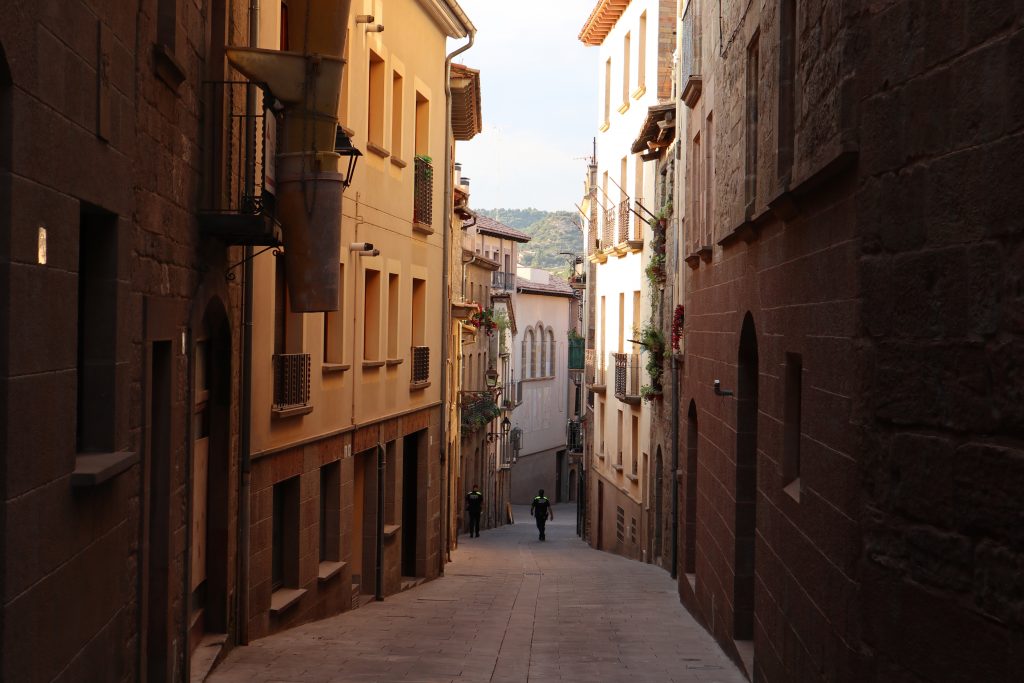
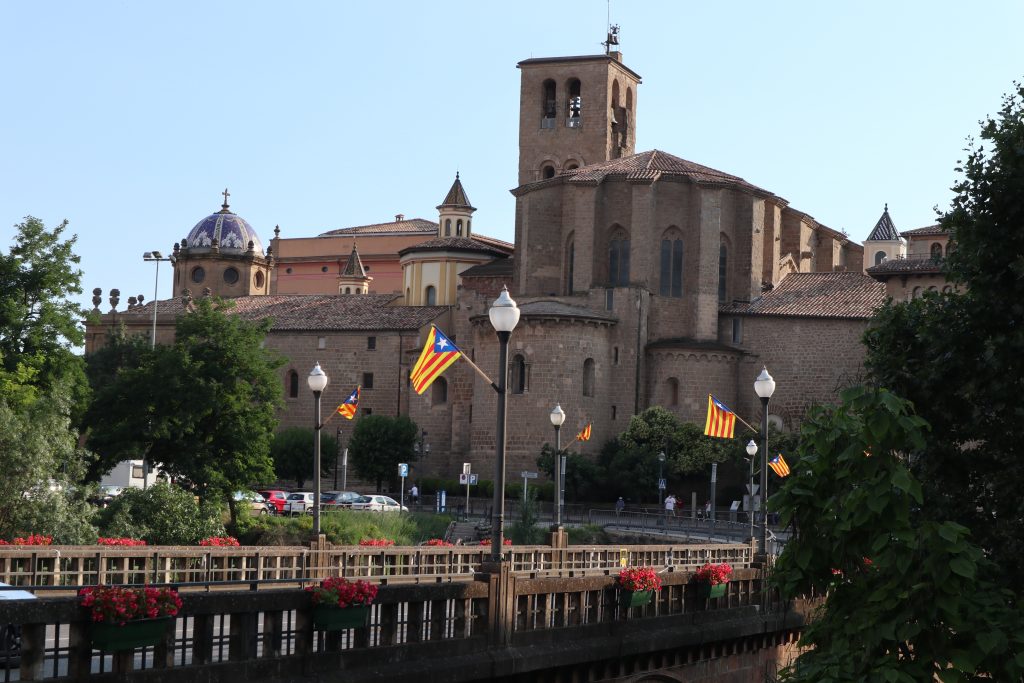
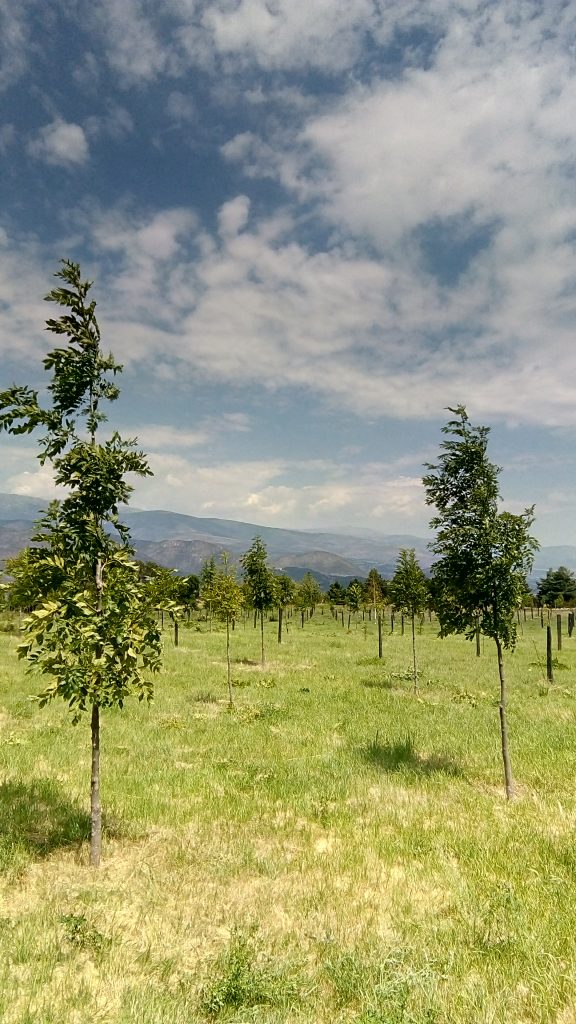
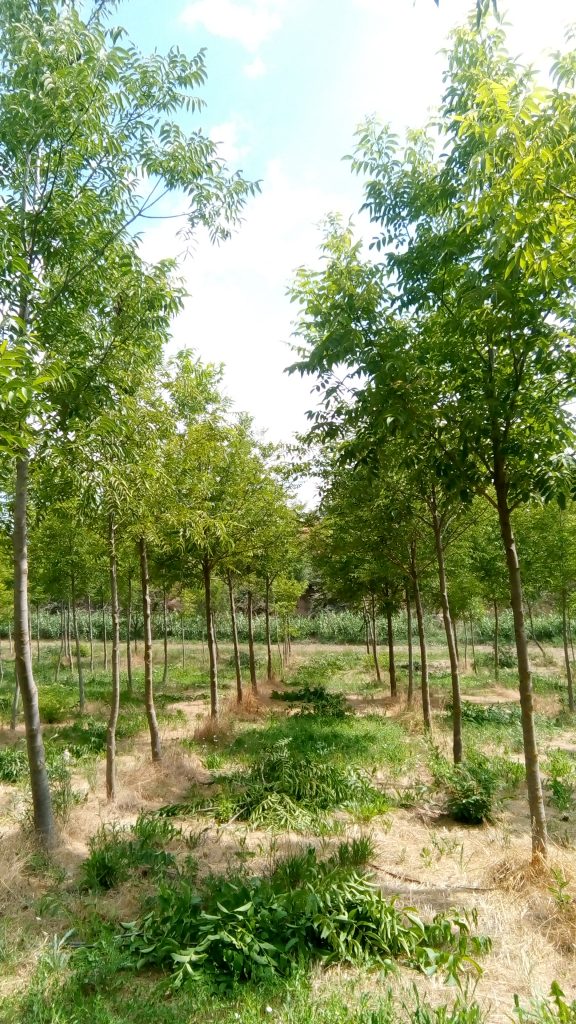
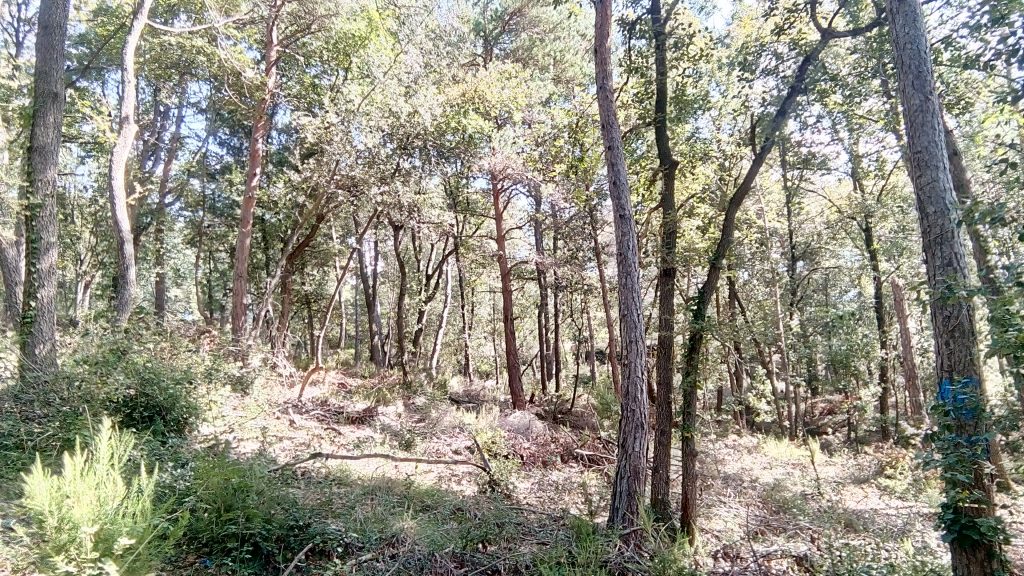
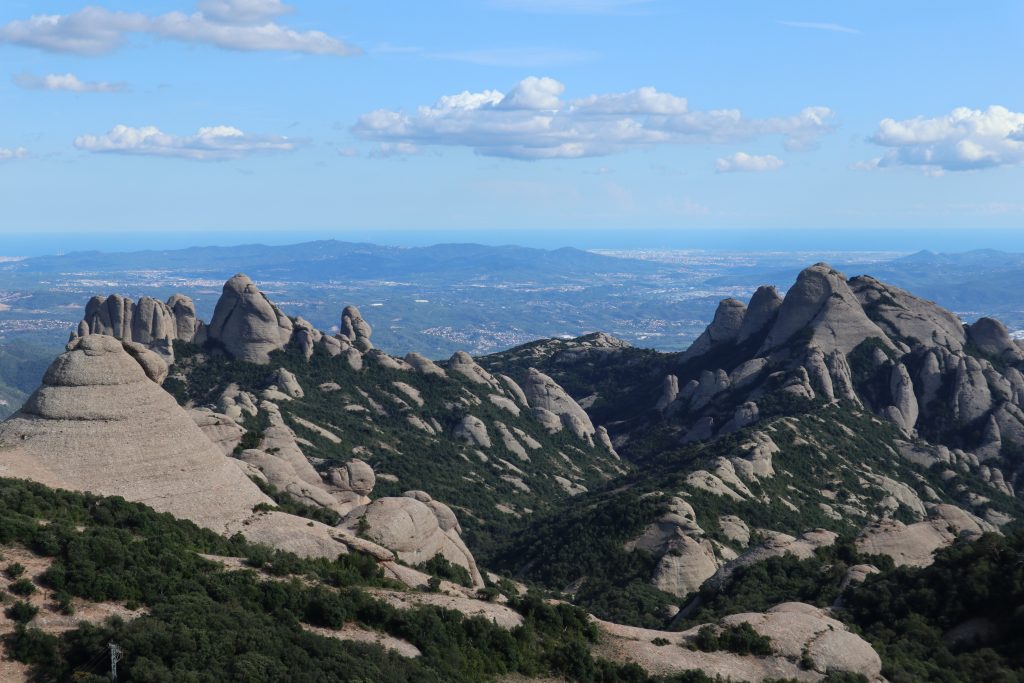
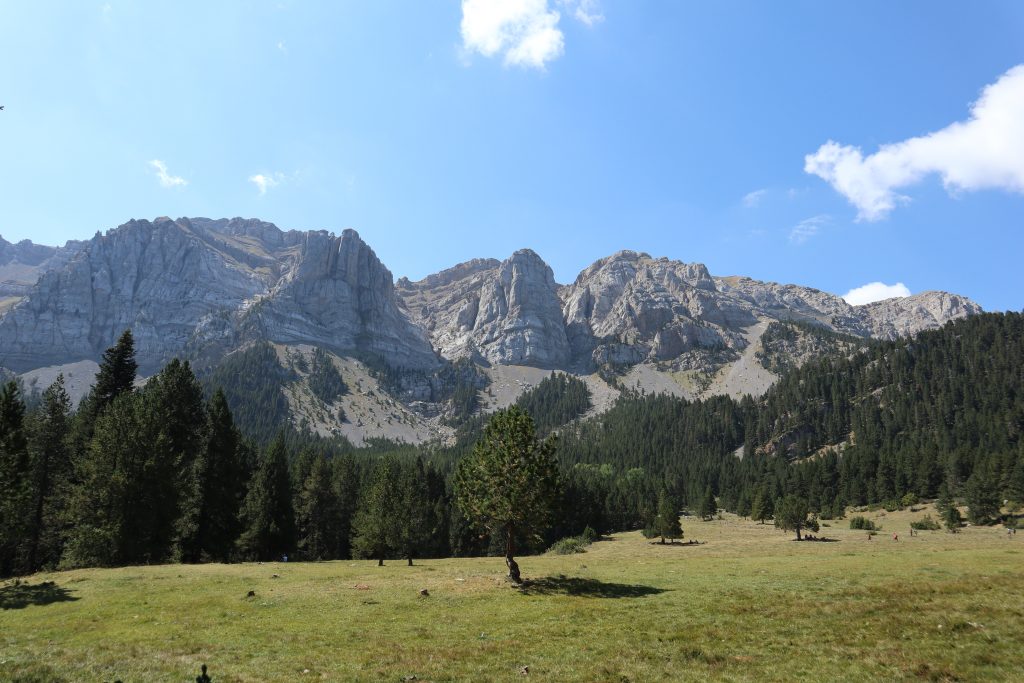
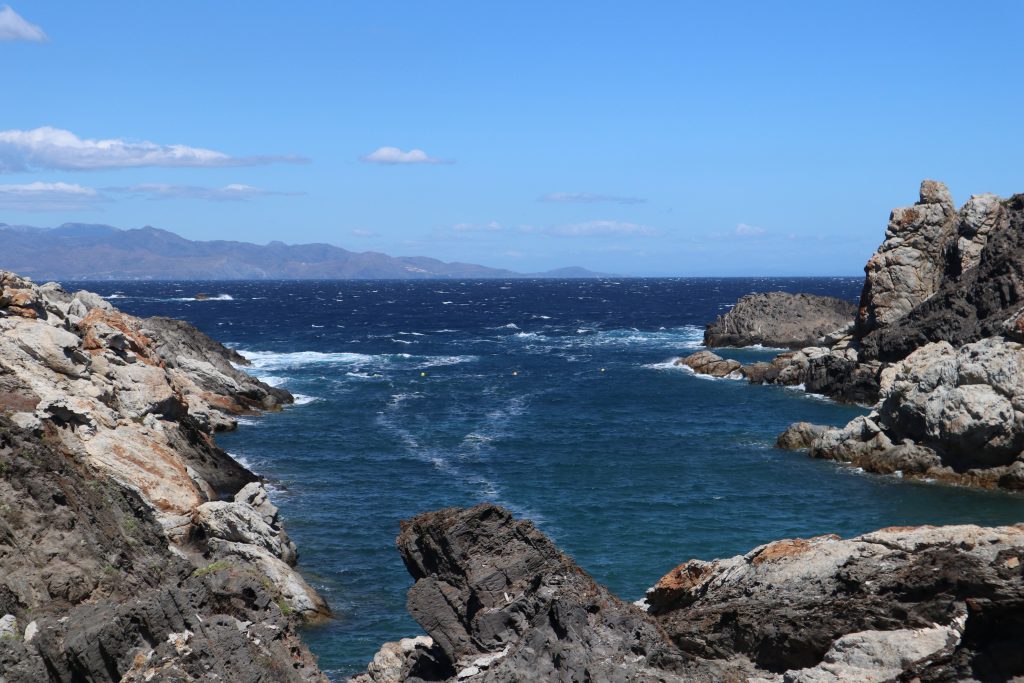
Lucas Moura de Abreu is a forest engineer from Brazil. He’s doing his second year of the MSc EF in the University of Freiburg, Germany. You can reach him at [email protected].